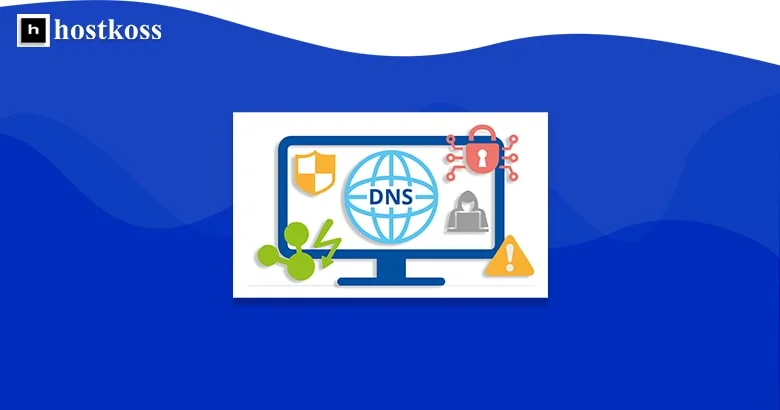DNS is a protocol that allows computers to communicate with each other on the Internet. It is also used to route requests from clients to servers and vice versa.
DNS can be used in different ways depending on the application, but it is mainly used by Internet users to find websites, resolve names, and communicate with them.
What is a DNS server and why do I need one?
DNS servers are an important part of the Internet. They allow you to access the Internet and make sure that your computer is always available.
DNS servers are important for people who want to use the Internet and for companies that need to be able to contact their customers. DNS servers take care of translating domain names into IP addresses and routing them through the appropriate network. This is done through a central server, called a name server, which takes care of all the details and ensures that all requests made by clients reach the right server. Buy domain cheap
The main purpose of DNS servers is to resolve a domain name into an IP address, which then allows users with different computers on different networks on the same network to communicate with each other without any specific knowledge of which computer they are using or what type of. network it belongs to.
What are DNS records
To understand the value of DNS records, we must first understand what they are and how they are used.
DNS is a domain name system that allows users to connect to the Internet using their IP address (the numeric address assigned by your Internet Service Provider). For example, if you have an IP address of 192.168.1.1, your computer can connect to the Internet using that IP address rather than its actual physical location (e.g., “192.168.1”).
When you type “www” into the address bar of your browser or search engine, it automatically opens a web page at that location on the Internet called “www”. This is because DNS resolves all URLs to their actual physical location (e.g., “www” for www). When you type “google” into your browser’s address bar, it automatically opens a web page on Google’s official website called.
What is DNS cache and its importance for your site
DNS cache is an intelligent data store that is used to help you find web pages faster. It quickly stores the most frequently visited web pages and allows you to visit them quickly. DNS cache can be used for a variety of purposes. You can use it to store the most important pages on a website.
What is the hosts file and why do I need to take care of it?
This is a file located on the server that contains information about the operating system and its services. The information in this file contains all kinds of information about the operating system, including what version it is running on, what services (such as Apache) are running, and more. It also includes configuration information for all types of applications installed on the server.
The hosts file is a very useful tool for network administrators. It can be used to restrict access to files and services on the local computer, server, and to redirect incoming connections.
FAQs (Frequently Asked Questions)
DNS plays a crucial role in website performance by translating domain names into IP addresses, facilitating efficient communication between clients and servers. Optimal DNS configuration and management can minimize resolution times, reducing latency and enhancing the overall browsing experience.
While DNS is inherently resilient, it’s not immune to cyber threats. DNS hijacking, cache poisoning, and Distributed Denial of Service (DDoS) attacks are among the tactics employed by malicious actors to compromise DNS integrity. Implementing robust security measures such as DNSSEC and regular monitoring can mitigate these risks.
Time-to-Live (TTL) is a critical parameter in DNS that determines the lifespan of cached records. By specifying a TTL value, administrators can control how long DNS information is retained by caching servers before it’s refreshed from authoritative sources. This helps optimize DNS performance and ensures timely updates.
DNS-based load balancing distributes incoming traffic across multiple servers to optimize resource utilization and enhance reliability. By configuring DNS records with multiple IP addresses corresponding to load-balanced server clusters, organizations can achieve fault tolerance and scalability for their online services.
DNS is indispensable in email delivery, facilitating the resolution of mail server domain names to their respective IP addresses. Through DNS MX (Mail Exchange) records, senders can identify the mail servers responsible for handling incoming messages, ensuring efficient routing and delivery across the internet.
Businesses can optimize DNS performance for global audiences by leveraging strategies such as Anycast routing, CDN integration, and geo-targeted DNS resolution. By distributing DNS infrastructure strategically and minimizing latency, organizations can deliver a seamless browsing experience to users worldwide.



